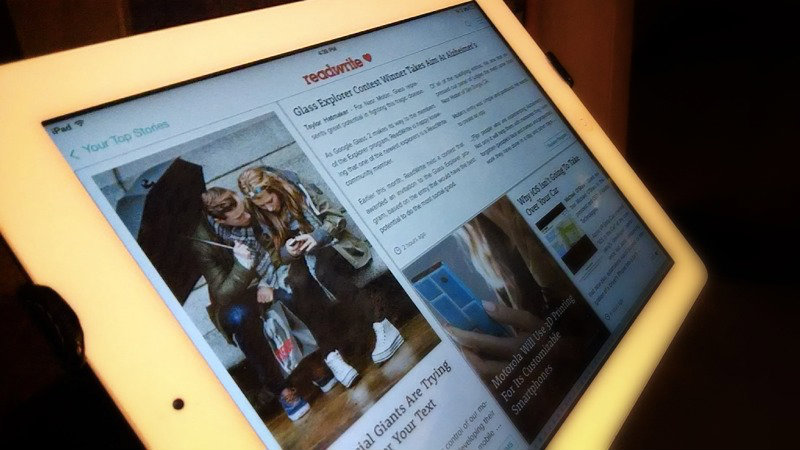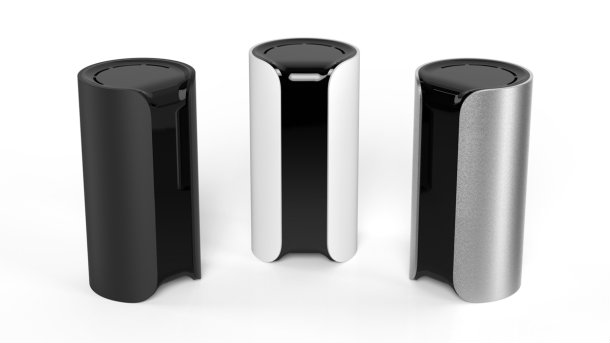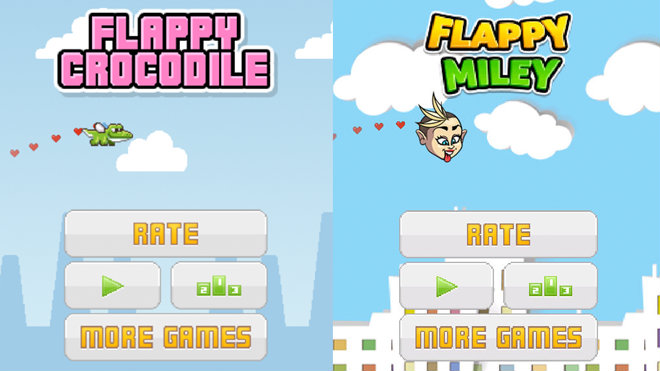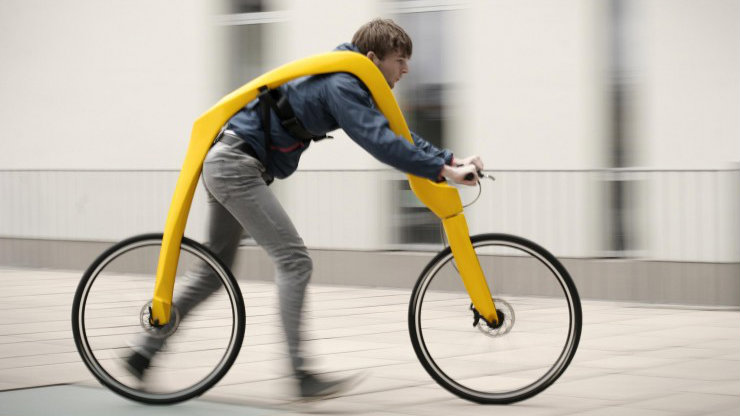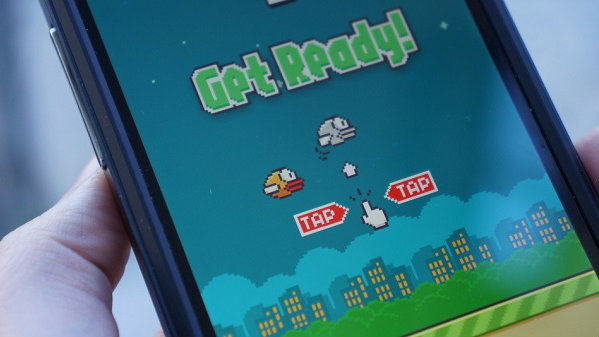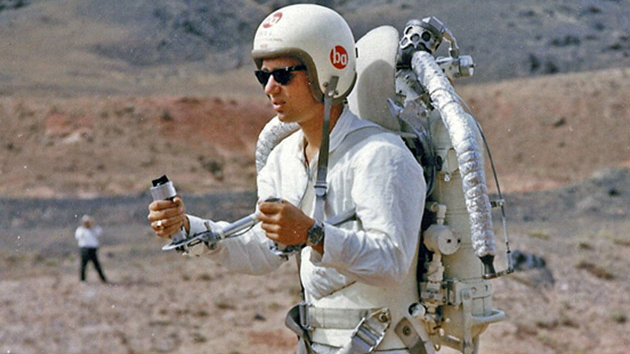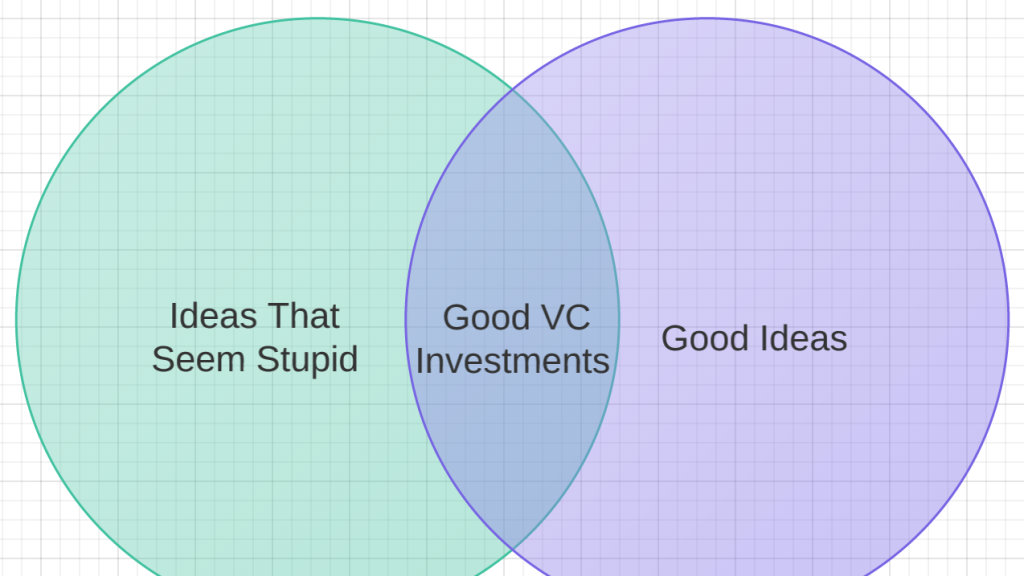|
Flipboard Acquires Social Magazine Zite From CNN
Flipboard will partner with CNN for tablet and smartphone magazines as well.
Flipbooard today announced that it is acquiring social reading mobile magazine Zite from CNN. In addition, Flipboard has entered into a strategic partnership with CNN and that all of CNN's worldwide coverage will be paginated and delivered through the Zite app. Flipboard will create customized magazines for all of CNN's shows, including 30 feeds from the news giants starting with one from journalist Fareed Zakaria. Flipboard and CNN also announced a new advertising partnership to help monetize its combined coverage. The terms of the acquisition were not disclosed. CNN Money reports that Flipboard bought Zite for $60 million. Flipboard said that it would not continue to evolve Zite and that Flipboard would integrate the technology of Zite into Flipboard. The majority of the 15-20 employees will be moving from Zite to Flipboard. Zite's CEO Mark Johnson will not be joining Flipboard. Co-founder Mike Klass and his full engineering team that has built the personalized news engine that powers Zite will be moving to Flipboard. CNN acquired Zite in August 2012 and has integrated it into much of its mobile and website news offerings over the last couple of years. Two Of The First Social Magazine For TabletsFlipboard was launched in the summer of 2010 shortly after the announcement of Apple’s original iPad. The app has been featured by Apple several times at launch events and has become synonymous with tablet reading. Founder Mike McCue started Flipboard as a project in late August 2009 after spending two years at Microsoft, which had acquired TellMe, a voice services company he co-founded in 1999. McCue also worked at Netscape in the mid-1990s. Flipboard started essentially as a glorified social stream and is considered among the first “social magazine” apps that also included the likes of Pulse. Flipboard would import Facebook and Twitter feeds into the app and make the articles and status updates look beautiful in Flipboard’s page-turning design. Flipboard would later evolve to let companies and individuals design and maintain their own “magazines” within the app. Flipboard has long been one of the leading signals in changing how people read the news in the mobile era. It has been imitated and copied by app makers both large and small. The combination of elegant design on tablets and smartphones mixed with aggregated social feeds has taken advantage of two of the most dominant trends on the Web in the last decade and has given Flipboard a first-movers advantage that it has never really relinquished. Every so often an app (like Google Currents, the search giant's own social reader) comes along that makes people say, "this will be a Flipboard killer." But while many people forget about Google Currents, Flipboard continues to be one of the most popular reading apps on both tablets and smartphones. Flipboard eventually jumped the gap from the iPad to the iPhone in December 2011 and eventually made its way to Android smartphones and tablets and Amazon Kindles in the summer of 2012. Flipboard leaped onto the Web in July 2013. It has struck partnerships with many major news publications, including the New York Times. Zite was built off a personalized search engine called Worio and has been described as, "Pandora for news." It matches reader's interest based off their social graphs and also will learn over time what users tend to click on and give them mores news to those pertinent topics from a variety of sources. Zite's strength has long been its ability to provide serendipity to news reading, giving users articles from news sources that may not have otherwise found while browsing the Web. Disclaimer: ReadWrite is a content partner with Zite. McCue explains the reasoning for building Flipboard in an interview with ReadWrite founder Richard MacManus in October 2010: When we got together, we decided to do a thought experiment: imagine if the Web was washed away in a hurricane and we needed to build a new one from scratch. What would it look like? How would it be different? What would the user interface be? Would there still be the notion of a browser? If you build a totally new Web, knowing everything we know today and where the technology is and where it's likely to be heading, what would you do differently?According to app analytics firm App Annie, Flipboard has been in the top 20 in news apps in Apple’s App Store in the United States since the company started tracking data in 2012. Flipboard has held the top spot in App Annie’s rankings for several months during this period and ranks in the top 1000 apps in the U.S. overall. Currently, App Annie ranks Flipboard the fifth most popular news reading app in the United States. Source: ReadWrite
Share this news
|
We Share Stories Like this Every Day
Follow us to get your Daily Tech Recap! Latest Geeky Goodness:
|
| Recaply Copy |
|
